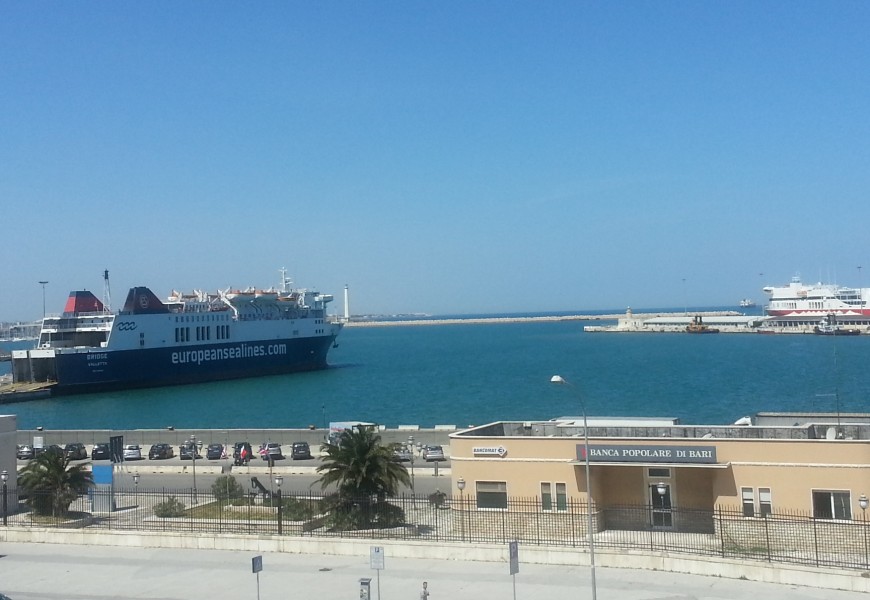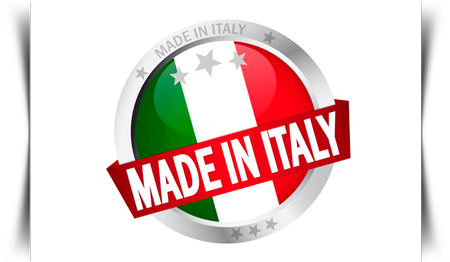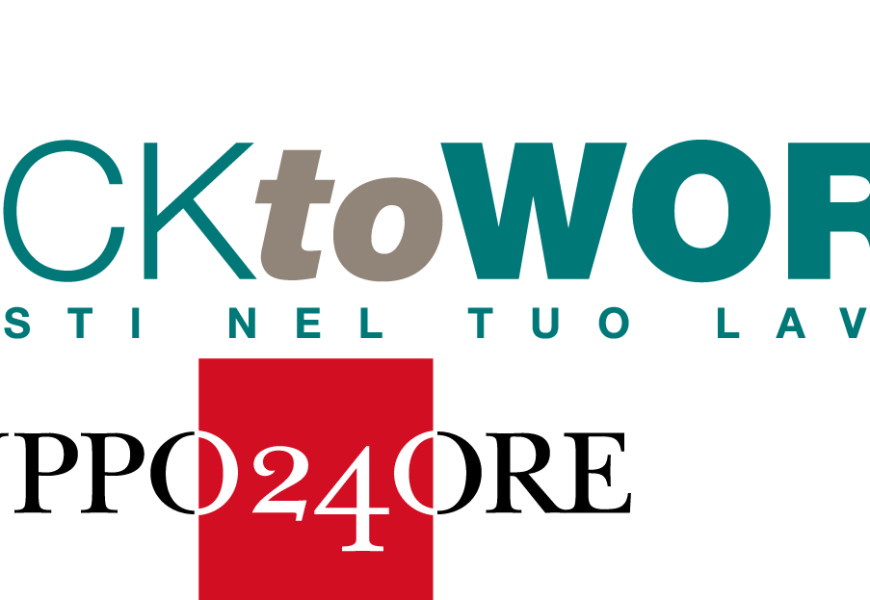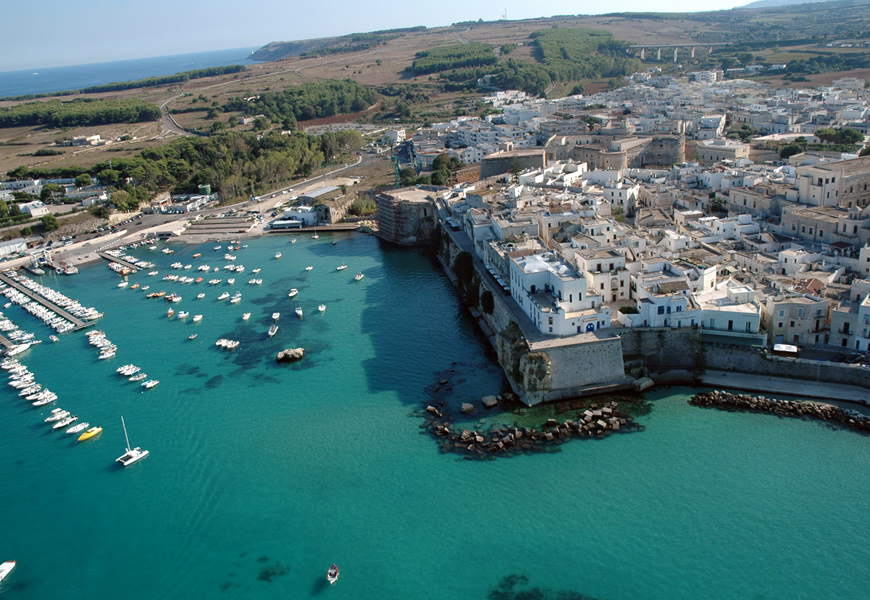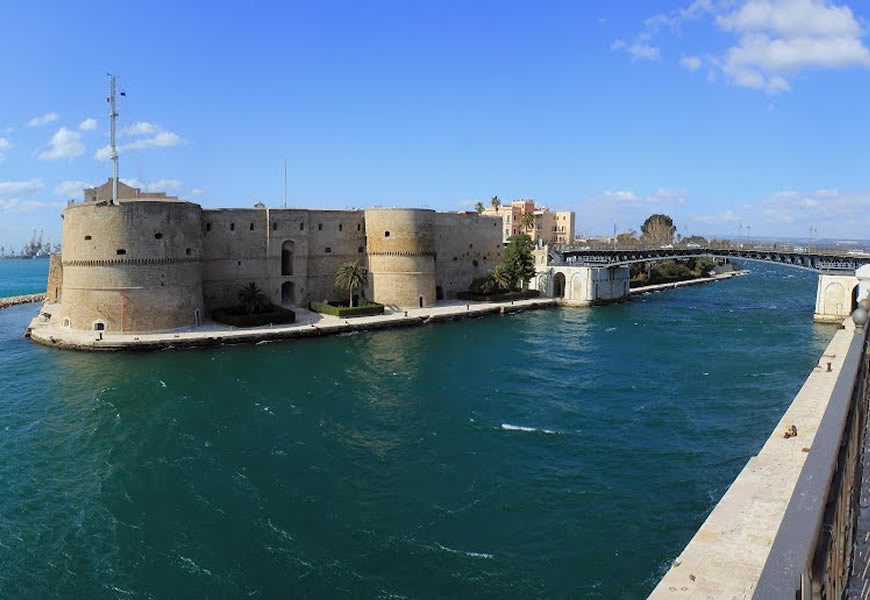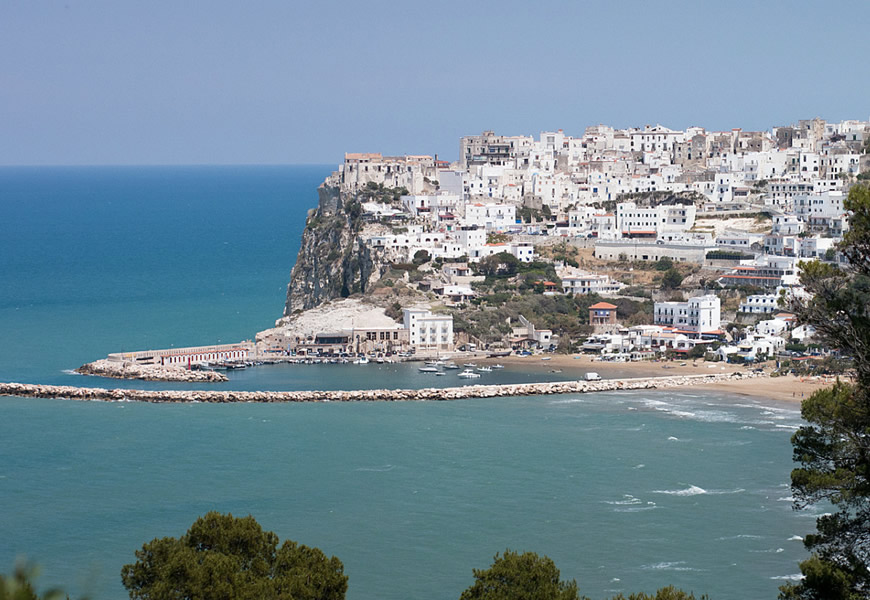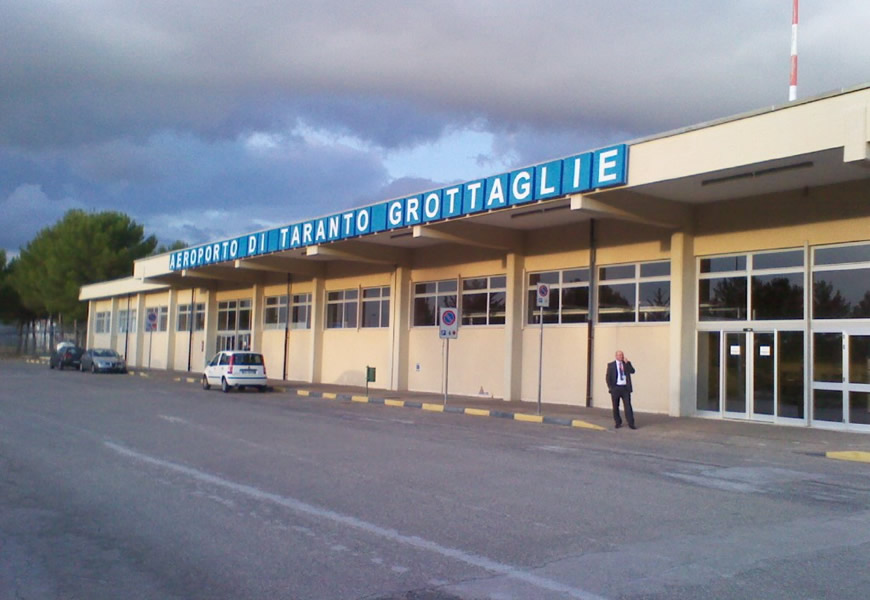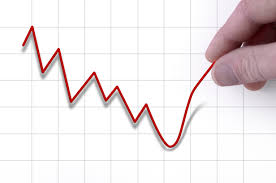
By listening to the gloomy economic news that daily flood the media, it is not clear, but according to reliable international sources, this (2014) can really be the year of revival for Italy.
This is what, for example, the Royal Bank of Scotland says: large capital flows will leave the so-called emerging countries to return to Europe, into the PIIGS (Portugal, Spain, Ireland, Greece and Italy). These countries have risk return profiles very similar to the markets that have earned more in the last 10-12 years.
Marco Mazzucchelli, managing director of the Swiss bank Julius Baer, is even more optimistic: he argues that the global economic situation is such as to allow it to become the largest emerging market in the world. He also confirms that large amounts of capital are moving from emerging markets (China, India, Russia, Brazil), whose potential is being depleted, to arrive in more mature markets such as Europe and North America.
The reason for this epochal phenomenon is due, on the one hand, to the gradual and inexorable slowdown in the growth of those countries that have emerged in recent years, and on the other hand to the need of a large part of international investors to abandon those nations that have current account deficits and that have funding difficulties (India and Turkey), or that are affected by political instability (India, Turkey, Thailand, South Africa and even China).
The countries that have so far benefited from this change of course include the United States, Britain and Germany. However, Italy is the country to bet on!
This prediction may seem risky, and instead it is based on a lucid and in-depth analysis.
Italy, in fact, among the «mature countries», is the one that has the largest gap compared to the full potential.
It has a network of small and medium-sized enterprises that, despite the structural limits, work very well. After all, It has a healthy banking system and with bad loans in sharp decline. It has a depressed housing market, which gives rise to relevant and profitable investment opportunities.
Even the Wall Street Journal has confirmed that, from the beginning of the year, about 25 billion dollars have been invested in European equities. In particular, U.S. investors prefer the Italian and Spanish markets.
At the moment, therefore, these flows move in the equity markets, but they are ready to spill over to the real economy whenever there are substantial reforms, useful to encourage domestic and foreign investment to become stable (and not short-term).
The Prime Minister Renzi and his government are acting in this way: in his recent European tour, he has just reassured potential investors about the goodness of the reforms that he planned in the coming months. These reforms will be useful to modernize and simplify the italian critical areas such as bureaucracy, civil justice, labor costs and high taxation on businesses.
The feeling is that Italy can not, and does not want, to miss this opportunity!












